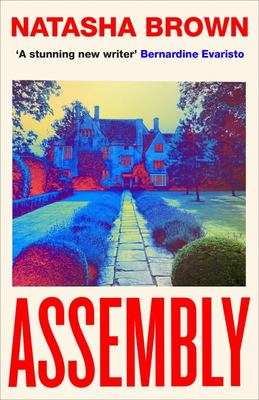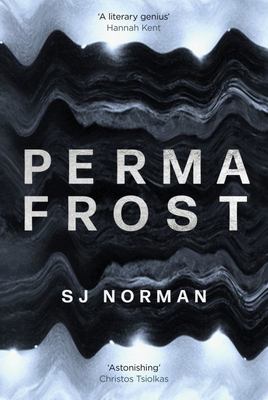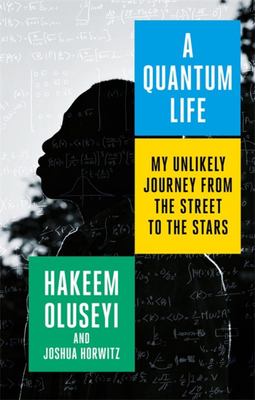Annie —
Assembly, by Natasha Brown & Bewilderment, by Richard Powers
I have been reading some short books that really punch above their weight.
The first is Assembly by Natasha Brown which is an excoriating look at race, colonialism and language in Britain today. We follow an unnamed Black British narrator as she visits her boyfriend’s family estate for a weekend party. Despite her own wealth and successful career in finance, the protagonist never feels fully comfortable within the echelons of power that weren’t built for her – were, in fact, explicitly built to keep people like her out. She is wondering whether to call it quits and blow up her seemingly perfect life. In just over 100 pages, Brown takes apart the class system in Britain that excludes those who don’t come from old money and old whiteness. Her prose is visceral and experimental – jumping from novelistic fiction to found poetry and essay – with the occasional wry laugh thrown in to even the tone. I finished this and immediately read it again.
I’m also part way through Bewilderment, the latest novel from the Pulitzer Prize-winning Richard Powers. This is a much slimmer tome than The Overstory, but concerned with many of the same themes. Theo is struggling to cope with the death of his wife and being the remaining parent to Robin, an unusual and wonderfully precocious nine year old. We meet them several years after Aly has passed away, as Robbie is experiencing some behavioural issues at school and a tendency towards violence when frustrated or upset. Theo and his son share a deep love of nature and scientific minds, but while Theo’s field is biological possibilities in deep space, Robin’s focus is much closer to home. Like his mother he is concerned about the human effect on climate and our ever-shrinking wilderness. Filled with compassion and grappling with the most serious issue of our time, Richard is here at the height of his Powers.
Kate —
Permafrost, by SJ Norman
This collection of short stories by Australian artist SJ Norman is a totally compelling and unsettling read. Each story explores the concept of a haunting by making strange what start out to be fairly regular experiences. Travel, place and the past that inhabits them is central to the collection- we’re taken from small-town Australia, to a bitter winter in Berlin, to Hokkaido in Japan, and an after-hours tour of Auschwitz. The stories are discrete but connected through an underlying sense of desire and loss, and a witty narrative voice that feels sexy in it’s confident swagger. I was reminded several times of Patti Smith’s writing, in the way the author travels from place to place with a calm observant approach to the world. After each story I sat back in awe and tried to figure out what had just happened and how the author had done it. I can see why Hannah Kent describes Norman as a ‘literary genius’.
Leela —
A Quantum Life, by Hakeem Oluseyi
I recently enjoyed the biography A Quantum Life, which immerses you in the childhood of leading astrophysicist Hakeem Oluseyi. It begins with Hakeem, then called James Plummer Jr, as a young boy who is moved around constantly, landing in a suburb of the United States that did not even have a local library. This is frustrating for young James, who unknown to himself and others has an astoundingly high IQ. His ability and curiosity are then self-directed to the world around him. This starts with experiments with his mother’s toaster, and eventually leads to the development of transformative technology for the study of space. Between these feats is Oluseyi’s recount of how he made it, and also how he very nearly didn’t, facing poverty, addiction, and the racism of educational institutions including Stanford University.
Many themes of this biography will stay with me. Oluseyi bravely exposes his deepest emotions to portray the significance of father figures in their various forms. Not having a science background myself, I was particularly fascinated by Oluseyi intertwining the roles of words and physics as life-changing tools.



